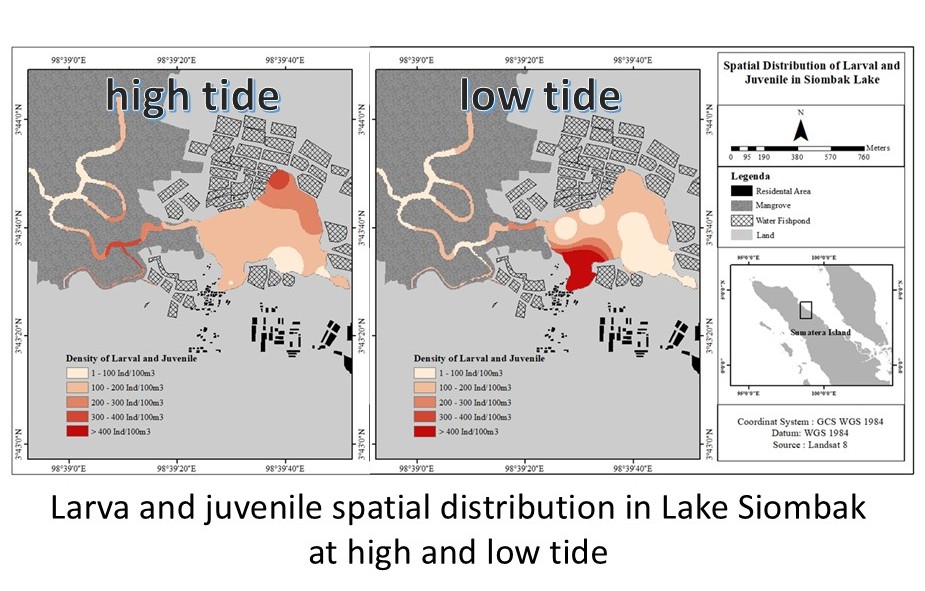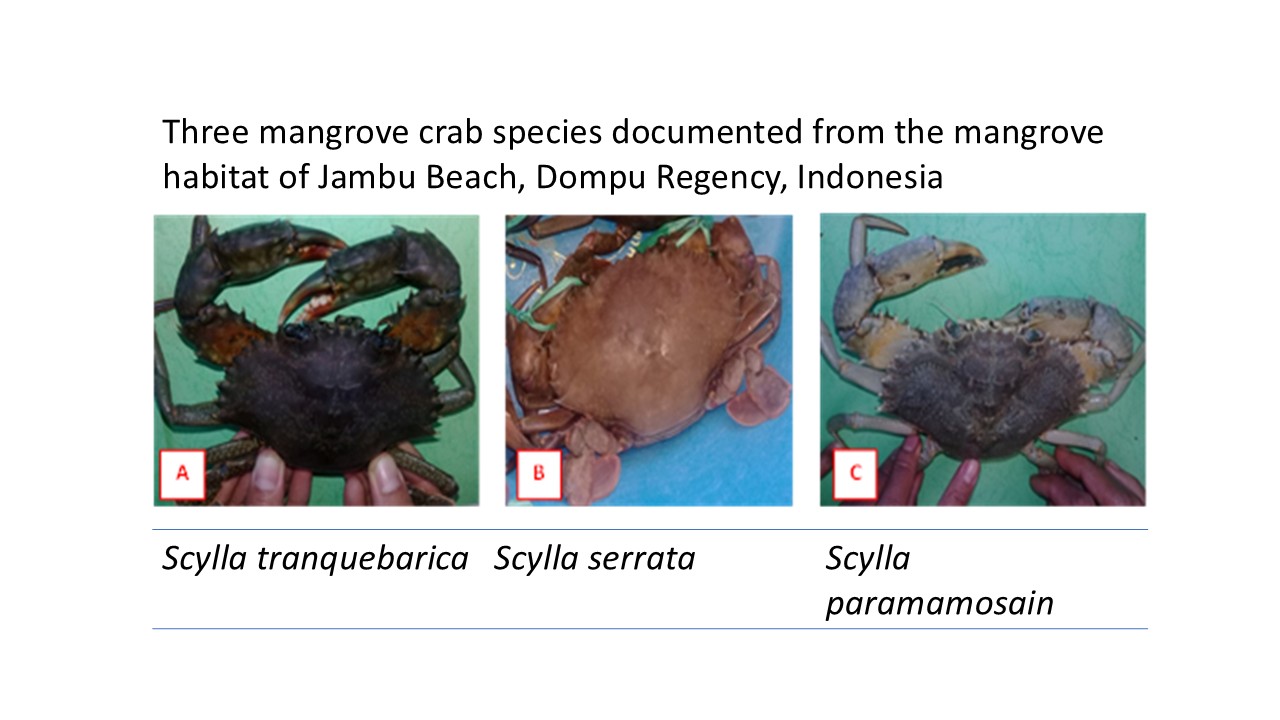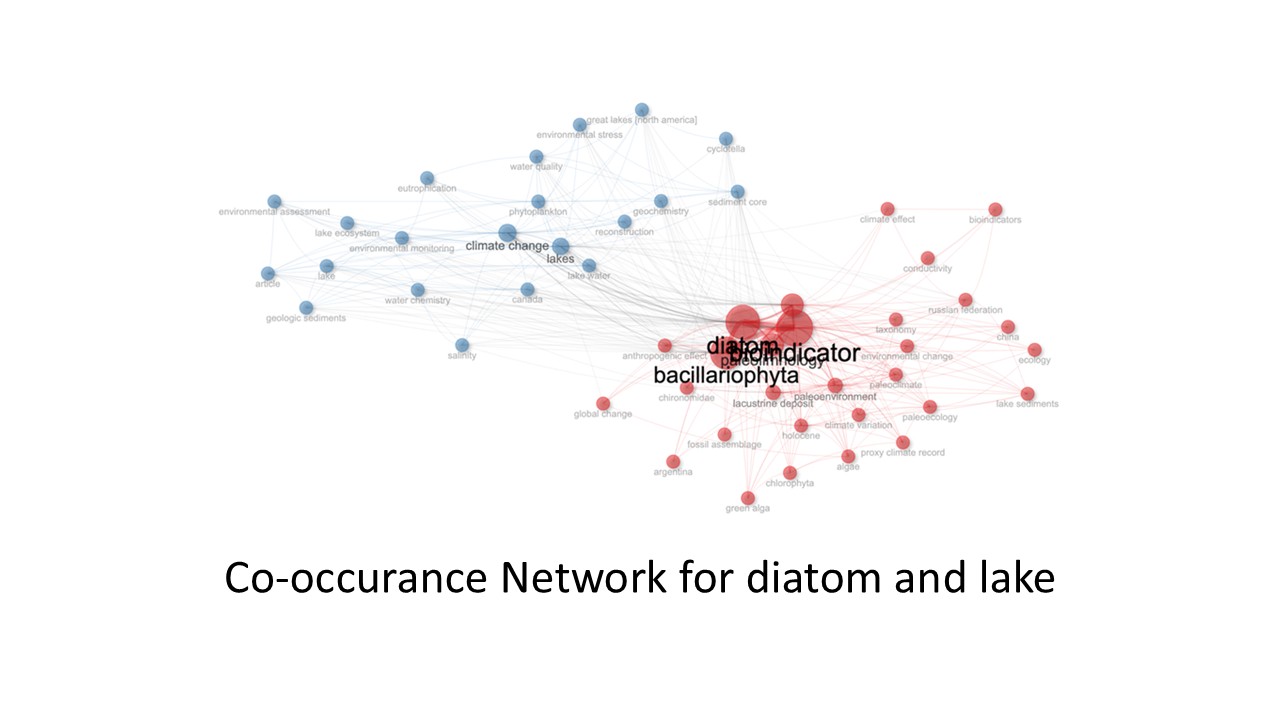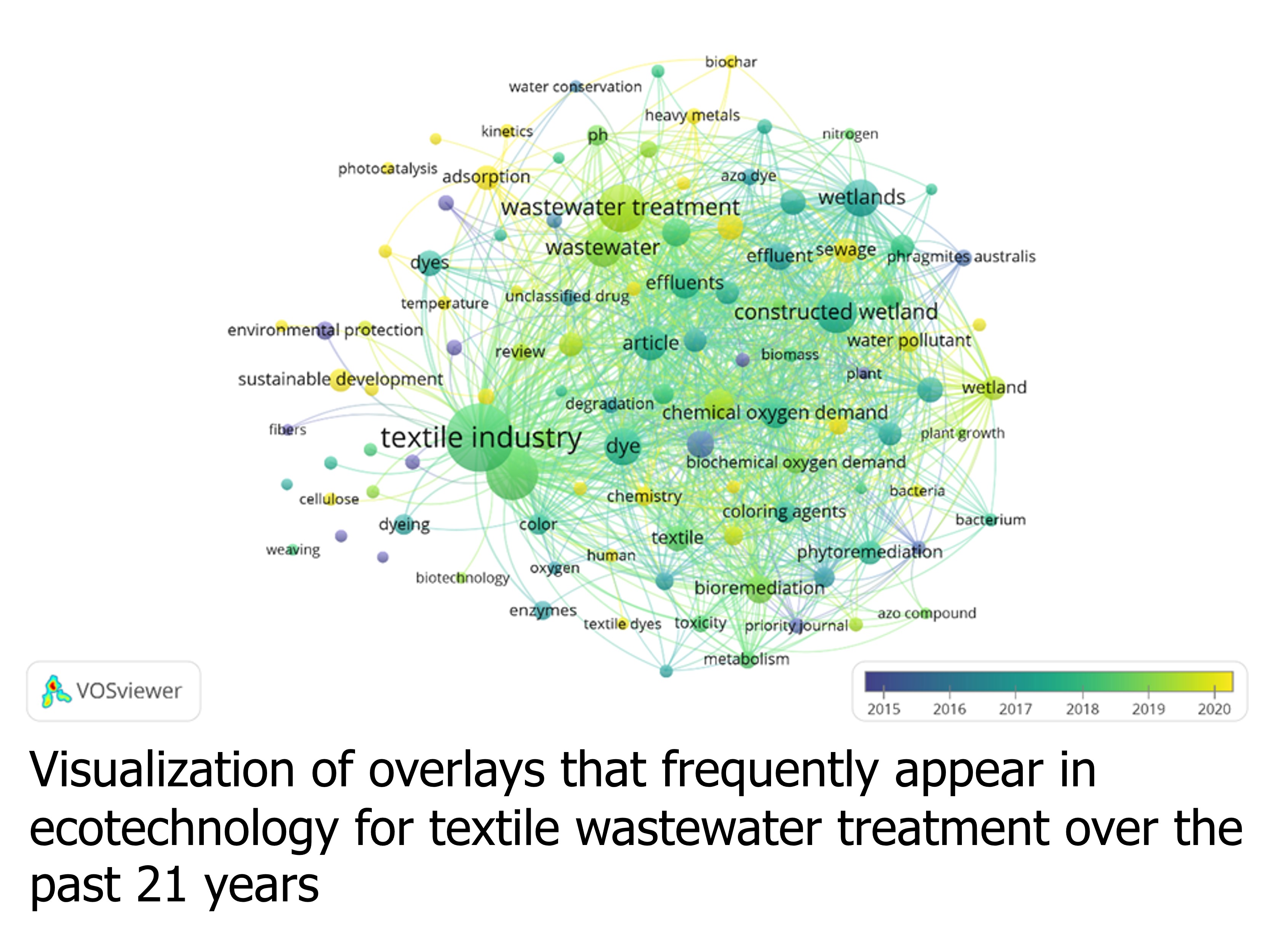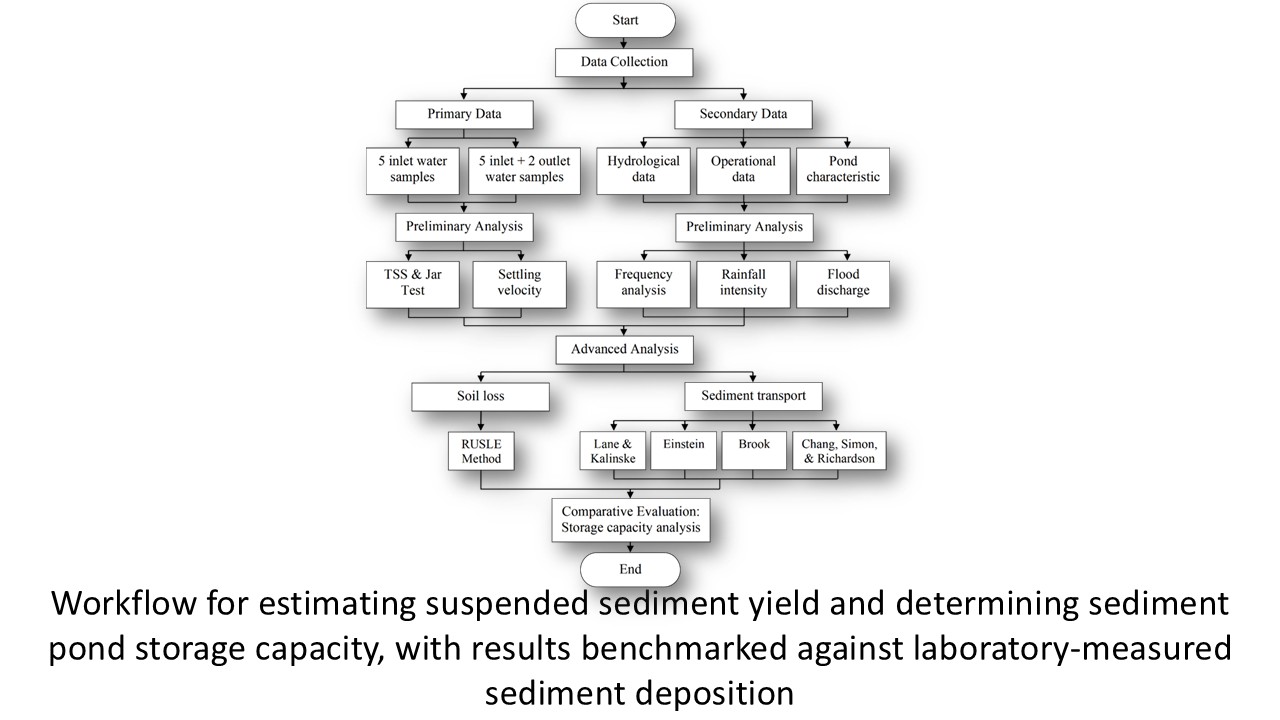About the Journal
LIMNOTEK Perairan Darat Tropis di Indonesia (LIMNOTEK) is a peer-reviewed bi-annual scientific journal published by the National Research and Innovation Agency (BRIN) in collaboration with the Indonesian Society of Limnology (MLI).
The journal focuses on advancing scientific understanding of limnology and inland water sciences in tropical regions, with particular relevance to Indonesia and comparable environments. It publishes original research articles and reviews addressing the physical, chemical, biological, and ecological processes of lakes, reservoirs, rivers, wetlands, and other inland aquatic ecosystems, as well as their sustainable management.
To enhance international visibility and accessibility, the journal introduces an English parallel title, Journal of Limnology and Water Resources. The official journal title, scope, and ISSN remain unchanged.
LIMNOTEK promotes interdisciplinary and applied research integrating limnology, hydrology, meteorology, ecology, ecological economics, and social environmental sciences, particularly in relation to inland water ecosystems and water resource sustainability in tropical regions.
Current Issue
Vol. 31 No. 2 (2025)
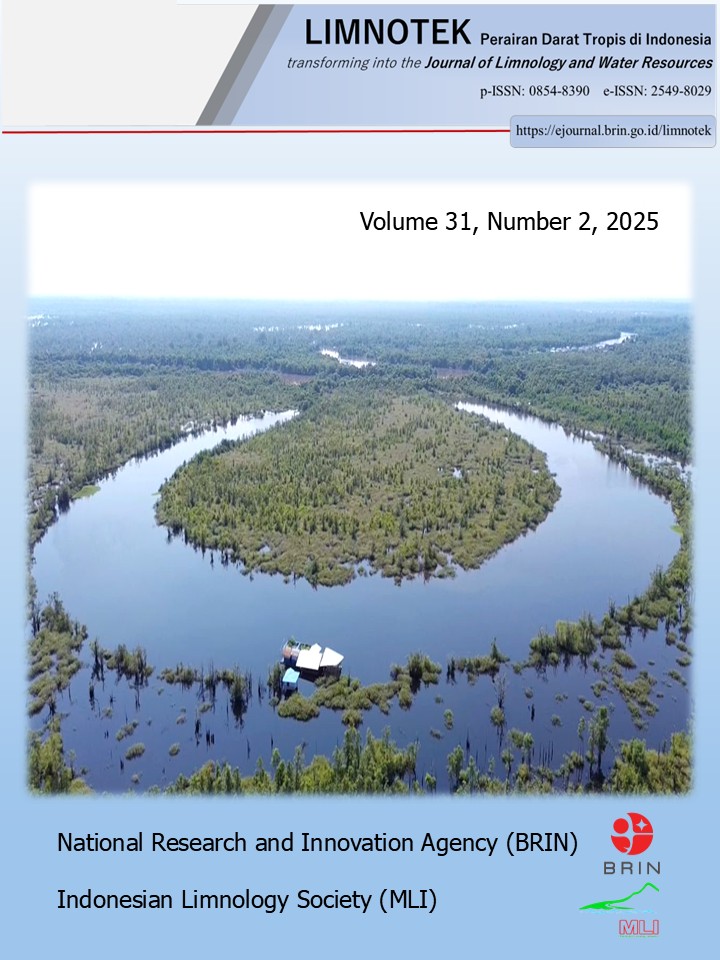
Advancing Sustainable Water Management Through Research and Innovation: Bridging Knowledge to Impact
LIMNOTEK (English parallel title: Journal of Limnology and Water Resources) continuous to focus on establishing an integrated understanding of the interface between natural water processes, inland aquatic ecosystems, and human interactions.
In this 2025 volume 2 issue, we are proud to present a collection of five research articles and reviews that explore critical and interconnected aspects of limnology and water resources. Topics covered range from ecological assessments of key coastal and freshwater habitats to global trends in environmental technology. Two studies highlight the ecological significance of Indonesian aquatic systems: one investigates the role of Siombak Lake as a nursery and feeding ground for estuarine species in the Belawan area, while another examines the diversity and abundance of Scylla mangrove crabs on Jambu Beach in Dompu Regency. A bibliometric analysis provides insights into the development of diatom research, particularly in oxbow lake ecosystems, while another global review traces two decades of progress in ecotechnology for textile wastewater treatment. Completing the issue, an integrated field-theoretical evaluation offers a detailed examination of sediment pond efficiency within a tropical mining catchment, underscoring the importance of sediment management in disturbed landscapes. Together, these studies reinforce our commitment to advancing sustainable and science-based water resource management across diverse inland water systems.
Aligned with our vision of continuous learning, innovation, and collaboration, we hope this volume provides valuable insights for researchers, scholars, practitioners, the public, and policymakers to join us in advancing the sustainable use and management of lakes and water resources.
Published:
2026-01-31

